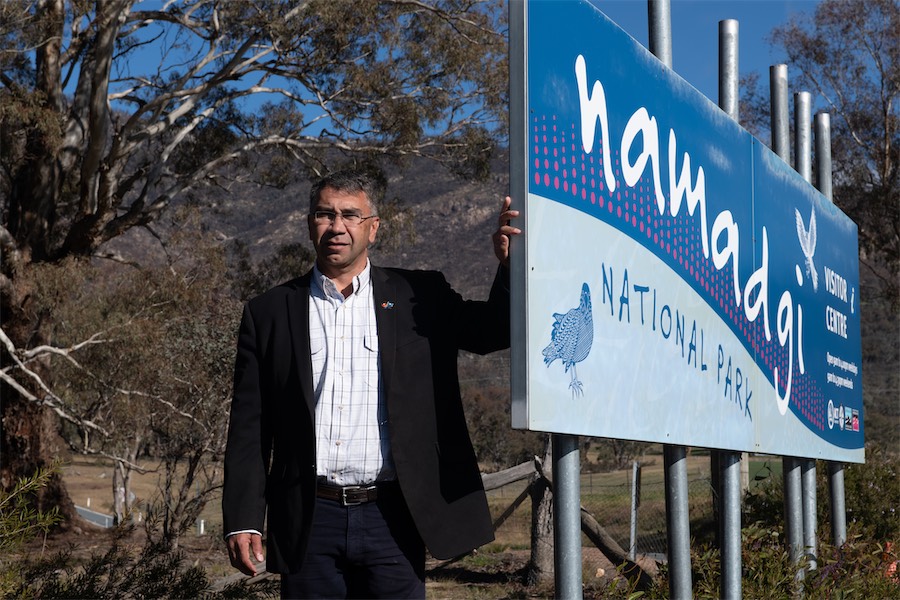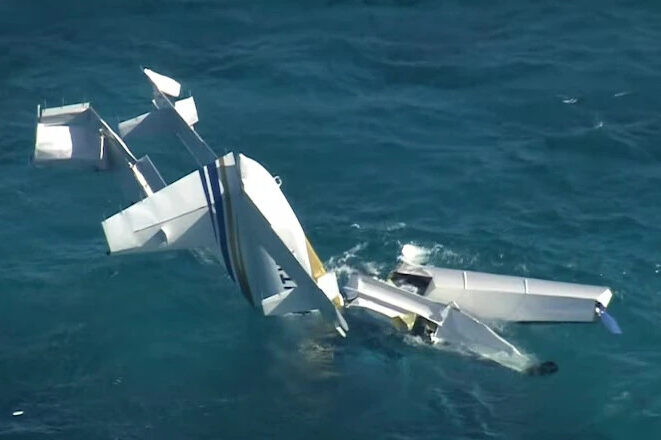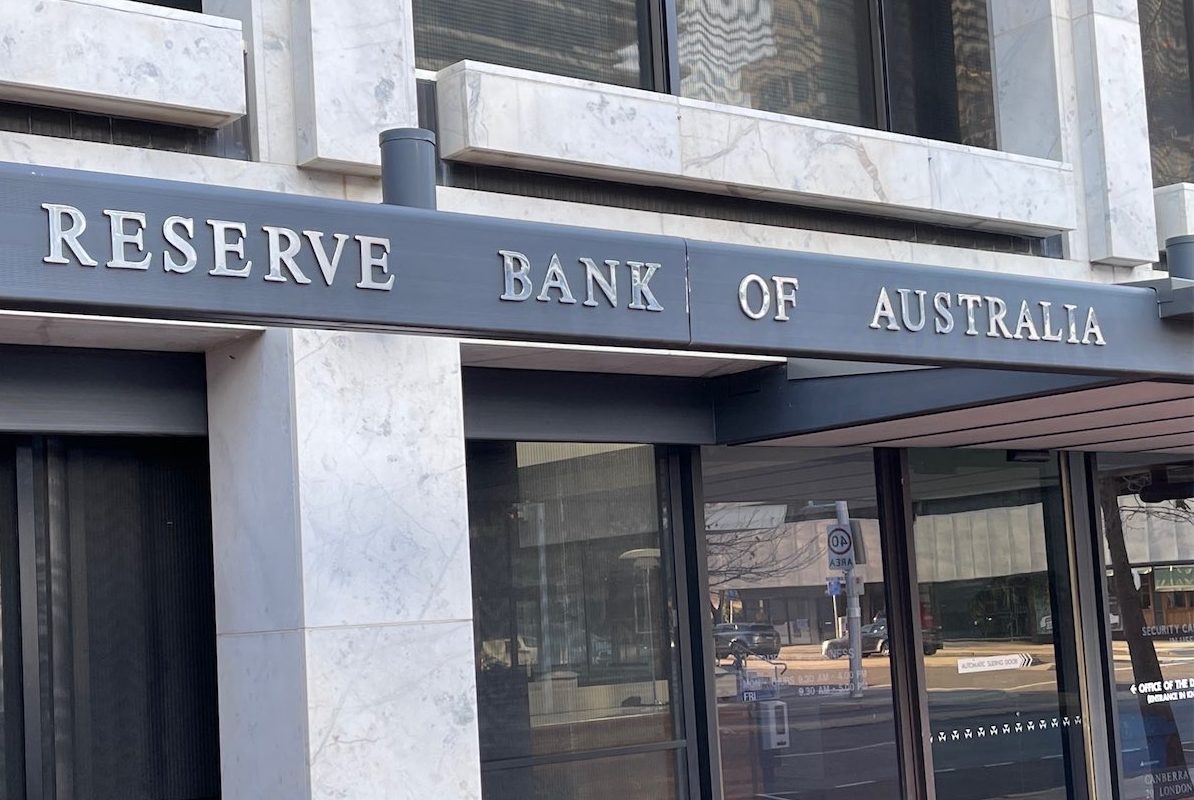
Nearly 20 years ago the ACT government signed an agreement to accommodate Aboriginal input into the management of Namadgi National Park, but it never happened, reports DANIELLE NOHRA.
THE ACT government has been accused of dishonouring a written agreement with local Aboriginal custodians that has led to the destruction of historical sites, intergenerational trauma and cultural genocide.
In the spirit of reconciliation, in 2001 two of three Ngambri/Ngunnawal party signatories signed an agreement to establish a “99 Year Namadgi Special Aboriginal Lease” under the then Gary Humphries-led ACT Liberal government.
Under the agreement, the Aborigines gave up a native title claim they had lodged in the Federal Court and, in return, the ACT government agreed to work in partnership with them in the management of Namadgi National Park.
“We had a lot of hope about the future of exercising our rights as local custodians,” says Paul House, who was there at the April 30, 2001, signing with his mum, Dr Matilda House, to watch her brother Nurrie Arnold Williams sign what they thought would be a big step forward for the traditional owners of the ACT.
“Under the agreement, the interim board was to become a statutory board of management. Labor came into power in 2001 [and] the agreement slowly faded away. [It was] swept under the carpet.”
According to Paul, who is now representing the two Aboriginal parties to the agreement, the interim committee was quietly dissolved in about 2007.
“We gave up our native title claim to sign the agreement. We gave up significant rights,” he says.
“We’ve got a current generation of elders who have passed away who never saw an outcome from this agreement. How disgusting is that?”
Since this “non-agreement”, Matilda House has formally written to the government twice, after more than a decade of informal contact, calling on them to honour the agreement.
In an email seen by “CityNews”, Chief Minister Andrew Barr wrote to her on July 23 saying that discussions to reinvigorate the Namadgi Agreement were initiated in 2018, but these discussions faltered because they were unsure of “who were the right people to be part of” the agreement or development of a new agreement.
“The government is not in a position to determine who is, and is not, considered Ngunnawal,” Mr Barr wrote.
But even so, he said they, under the Environment, Planning and Sustainable Development Directorate, established a Dhawura Ngunnawal Caring for Country Committee, giving its members input into the management of country.
Following this interaction with the government, Paul is pursuing legal action, in a bid to have the 2001 agreement honoured.
“Our voice is not being heard. As a signatory but also as a Ngambri custodian, the ACT government is turning its back and dishonouring the voice of the people, the 2001 agreement and the historical truths of Ngambri country,” Paul says.
“The evidence of Ngambri providence is powerful and compelling and they’re ignoring it.”
Since the “betrayed” agreement, Paul says a whole generation of children have been excluded from managing the park, two fires have torn through the park, resulting in the loss of sacred sites, and their connection to country has been ignored.
“Because we’ve been excluded, throughout this whole process, during the Namadgi agreement, it’s led to the mismanagement of Namadgi National Park, which has resulted in the destruction of hundreds of sites of significance in the park,” says Paul, who believes the destruction of these sites would have been mitigated under Ngambri management.
“The park’s burned twice since 2001. [If the agreement was honoured] management of the park would have had First Nation input, First Nation knowledge and First Nation skills and knowledge and experience embedded into the way the park could have been better managed.”
The signed 2001 document, under the “Native Title Act 1993”, agreed to a permanent, statutory board of management consisting of six Aboriginal members and six non-Aboriginal members.
“Ngambri children, who are now young adults, have missed out on an opportunity to pursue a career and the opportunity to manage country,” Paul says.
“A whole generation of Ngambri people have missed out on a potential career in sharing, maintaining and managing country. That’s a breach of our human rights.”
Currently, parts of Namadgi National Park remain closed for the restoration of the park, which includes a rock-art site at Yankee Hat, after the Orroral Valley bushfire burnt more than 80 per cent of the park, but the Ngambri people continue to have no say in the physical and spiritual restoration of their country.
“We’ve been let down and betrayed by a government that says one thing and does another,” Paul says.
“Our voice is not being heard. Our right to take control is being stifled in a government process and it lacks respect for established Aboriginal protocols.
“Since the signing in 2001 we’re still the most socially and economically disadvantaged groups of people here in the ACT [and this is] adding to the current trauma and intergenerational trauma that non-Aboriginal people are putting on First Nation people through their lack of action, through their legislation, through their lack of policy [and] lack of commitment.”
Even more concerning for the Ngambri people, according to Paul, is the lack of recognition of their special status. The ACT government invites other groups and individuals to trample over traditional protocols.
“We’ve missed out on speaking rights for country, we’ve missed out on custodianship of country, to protect country, to manage country. We’ve missed out on the decision making of country,” he says.
“It’s creating intergenerational trauma, a stolen generation. There’s actually a generation of people being told a lie on their own country. This current government is stealing the identity away from Ngambri people on country. “They’re stealing it, they’re trying to reinterpret it, they’re trying to whitewash the true history of this country here in the ACT. That’s what they’re doing. It’s criminal.”
Who can be trusted?
In a world of spin and confusion, there’s never been a more important time to support independent journalism in Canberra.
If you trust our work online and want to enforce the power of independent voices, I invite you to make a small contribution.
Every dollar of support is invested back into our journalism to help keep citynews.com.au strong and free.
Thank you,
Ian Meikle, editor





Leave a Reply